Teeth grinding effects
Home » » Teeth grinding effectsYour Teeth grinding effects images are ready. Teeth grinding effects are a topic that is being searched for and liked by netizens now. You can Find and Download the Teeth grinding effects files here. Get all free images.
If you’re looking for teeth grinding effects pictures information linked to the teeth grinding effects topic, you have come to the ideal site. Our website always provides you with suggestions for refferencing the highest quality video and picture content, please kindly surf and find more informative video articles and images that match your interests.
Teeth Grinding Effects. People can develop this health issue through stress, family history, and other factors. Teeth grinding and clenching, or bruxism, can be triggered by feelings of increased stress, frustration, anger, and anxiety. Pain in the jaw, stiffness in the jaw; Aching or stiffness in the jaws while chewing, especially during breakfast.
 15 Signs and Symptoms Of Stress Styles At Life From stylesatlife.com
15 Signs and Symptoms Of Stress Styles At Life From stylesatlife.com
Teeth grinding is a leading cause of gum recession for a number of reasons. The longer teeth grinding happens, the more damage it can cause to the teeth. Aching or stiffness of the face and forehead just after waking up. Headache, jaw joint or ear pain. Aching teeth, particularly just after waking up. Pain in the jaw, stiffness in the jaw;
Teeth grinding and jaw clenching (also called bruxism) is often related to stress or anxiety.
Common teeth grinding symptoms are earaches, jaw stiffness, mouth pain, and headaches. Aching or stiffness in the jaws while chewing, especially during breakfast. Headache, jaw joint or ear pain. Aching or stiffness of the face and forehead just after waking up. Pain in the jaw, stiffness in the jaw; Enlarged muscles can obstruct the nearby glands (parotid) and thereby, hamper the flow of saliva inside the mouth.
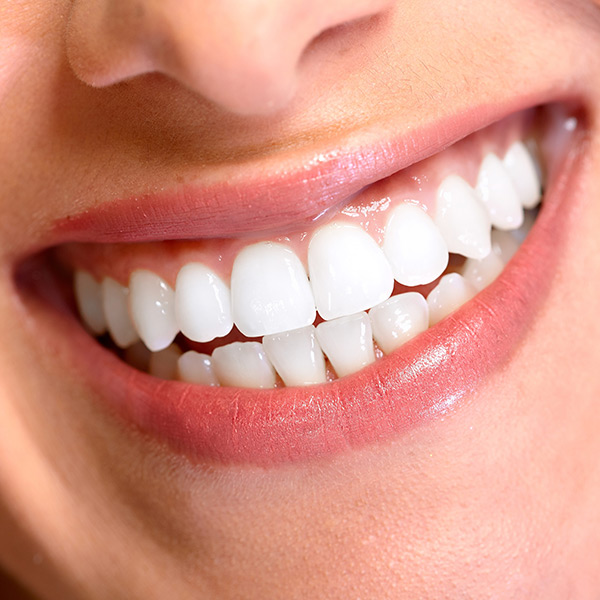 Source: bcdentalcare.ca
Source: bcdentalcare.ca
Continual grinding can wear down the top of the teeth and make them more susceptible to tooth decay and infection. Pressure and strain on the facial muscles, jaws, and teeth from clenching and grinding can cause pain and stiffness of. As with snoring, when you grind your teeth, you can make it harder for your bed partner to fall asleep or stay asleep, according to the sleep foundation. Teeth grinding is a leading cause of gum recession for a number of reasons. But the truth is, teeth grinding, also known as bruxism, can severely affect your overall health.
 Source: epainassist.com
Source: epainassist.com
Aching teeth, particularly just after waking up. Bruxism can cause tension headaches or painful migraines from the constant pressure and stress placed on the face and jaw muscles. It can occur subconsciously during the day or as you sleep. Tooth indentations on the tongue. Although it does not always cause symptoms, some of the most common teeth grinding effects are headaches, facial pain, and worn down teeth.
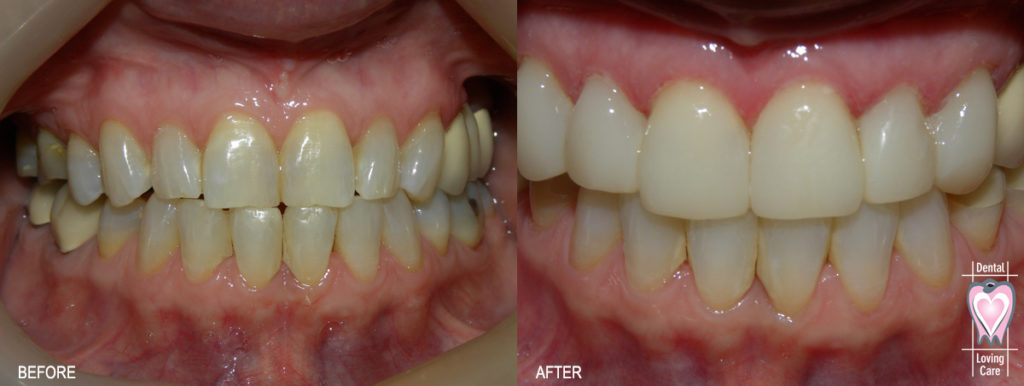 Source: kissingpointdental.com.au
Source: kissingpointdental.com.au
Side effects from teeth grinding can include: It can damage jaws, teeth, and a person’s overall health and wellbeing. However, if you’ve noticed you have a headache when waking up, an aching jaw, or sensitive teeth, it’s possible that you grind your teeth and are causing damage to your smile. Our upper and lower teeth should slide together and touch each other only when chewing food or speaking. Since muscles are overuse during teeth grinding process, the muscles enlarges or overdevelops abnormally.
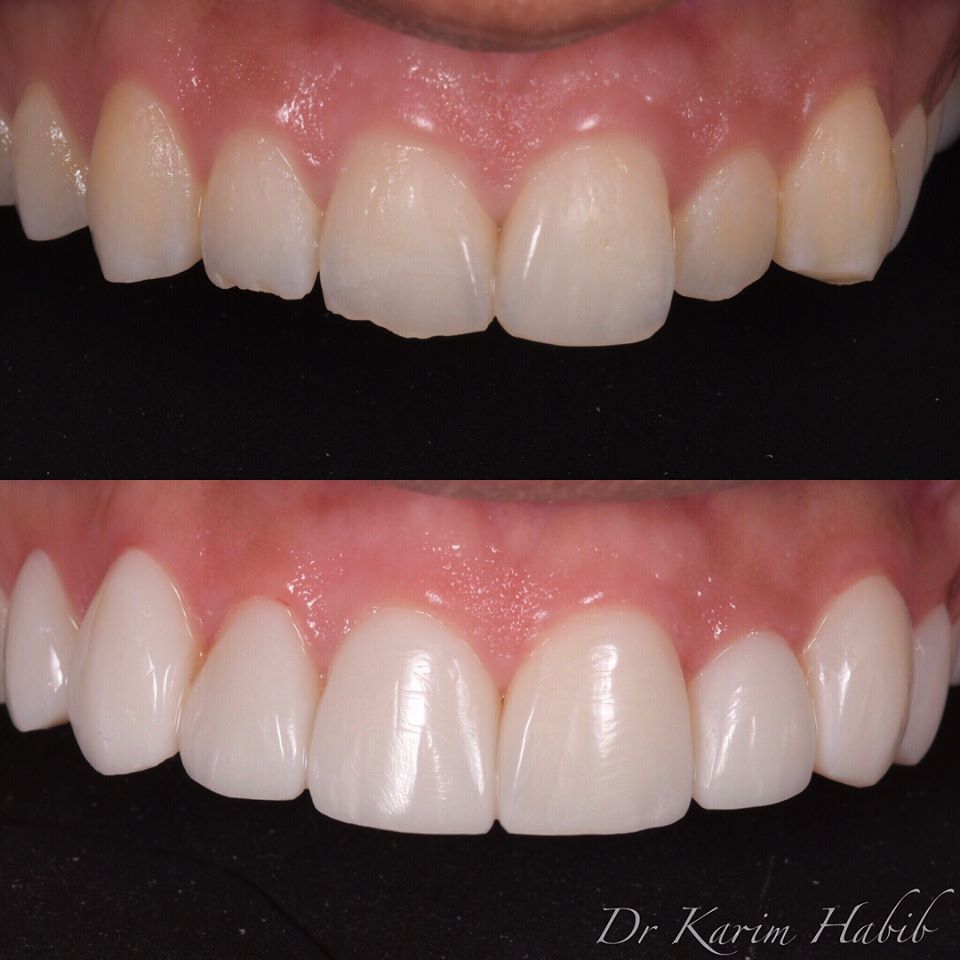 Source: dentalsquare.com.au
Source: dentalsquare.com.au
Teeth grinding, also known as bruxism, is often the result of extreme stress or anxiety. Continual grinding can wear down the top of the teeth and make them more susceptible to tooth decay and infection. There are numerous signs that you are teeth grinding at night. It can damage jaws, teeth, and a person’s overall health and wellbeing. Aching or stiffness in the jaws while chewing, especially during breakfast.
 Source: businessinsider.com
Source: businessinsider.com
Let’s take a look at teeth grinding effects and a sure solution to putting a stop to it. Pain in the jaw, stiffness in the jaw; Teeth grinding and jaw clenching (also called bruxism) is often related to stress or anxiety. However, if you’ve noticed you have a headache when waking up, an aching jaw, or sensitive teeth, it’s possible that you grind your teeth and are causing damage to your smile. People can develop this health issue through stress, family history, and other factors.
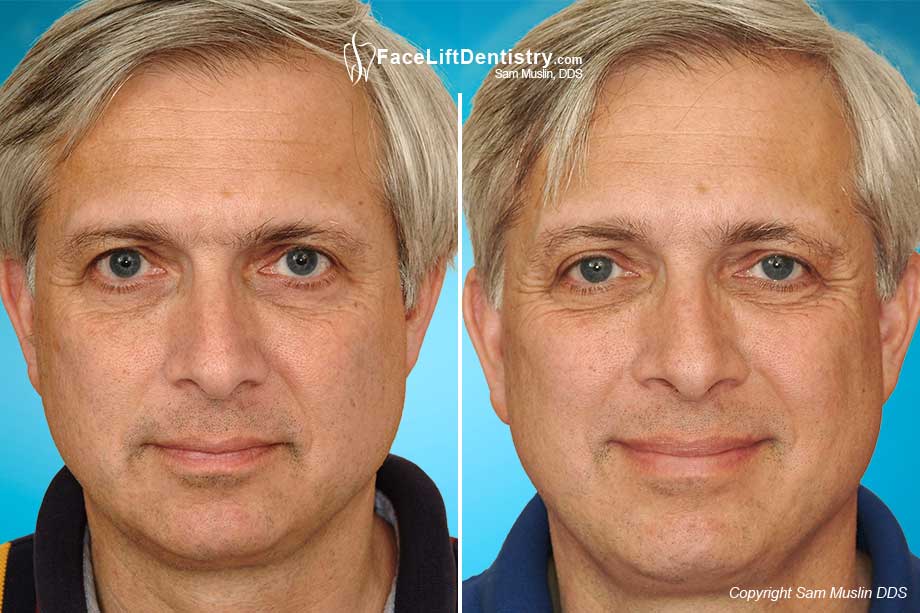 Source: faceliftdentistry.com
Source: faceliftdentistry.com
Our upper and lower teeth should slide together and touch each other only when chewing food or speaking. In severe cases, the gums can recede which may result in tooth loss which can cause you to. Common teeth grinding symptoms are earaches, jaw stiffness, mouth pain, and headaches. Teeth grinding, also known as bruxism, is often the result of extreme stress or anxiety. Grinding and clenching teeth can have a negative impact on your smile.
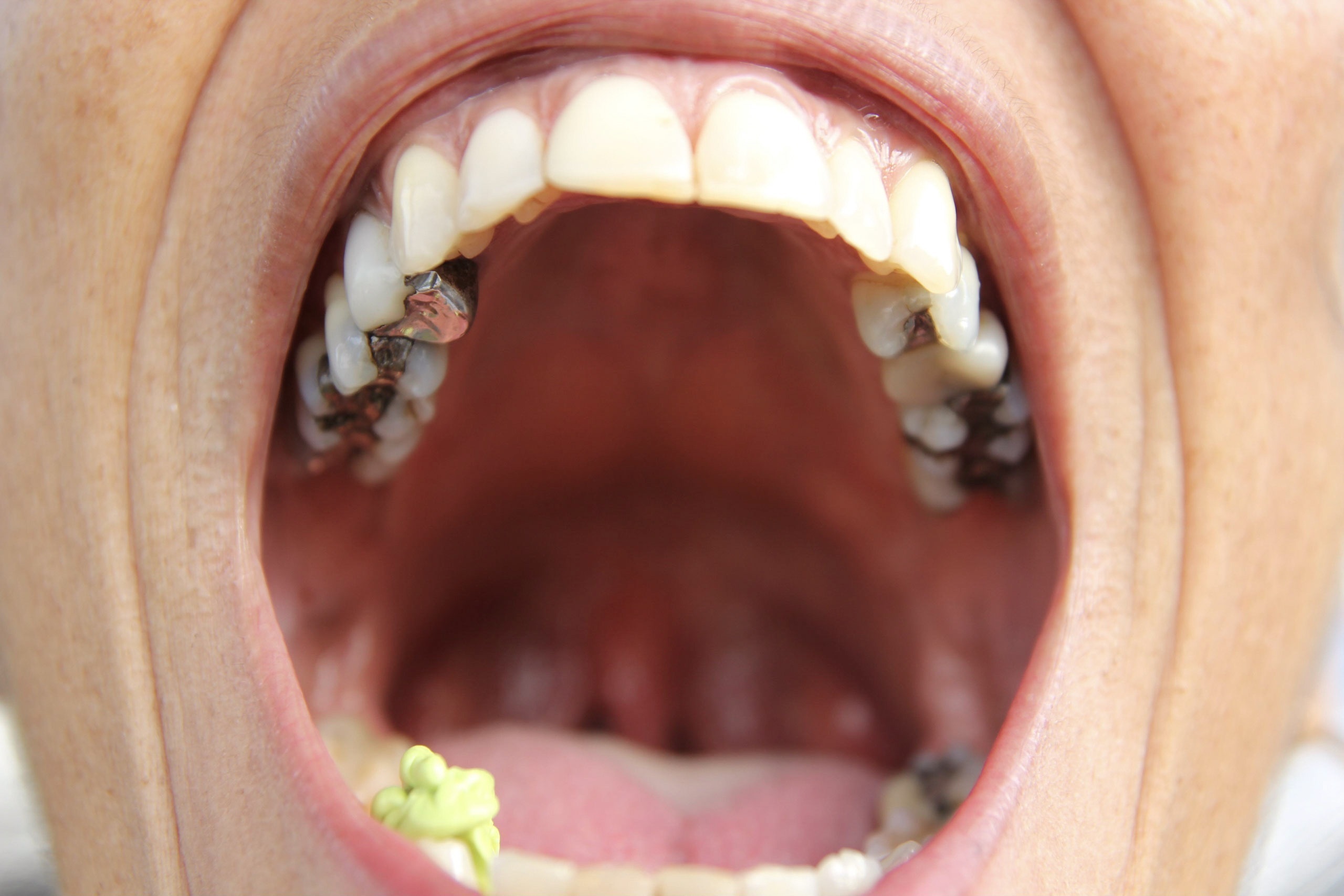 Source: kissingpointdental.com.au
Source: kissingpointdental.com.au
Therefore, treating bruxism as soon as you notice is necessary because the longer it goes untreated, the more noticeable the effects on your teeth become. Pressure and strain on the facial muscles, jaws, and teeth from clenching and grinding can cause pain and stiffness of. Additionally, constant stress and pressure can crack, chip, fracture or loosen teeth. Tooth damage is a leading side effect of clenching and grinding. Over time, moderate to severe teeth grinding can become problematic.
 Source: stylesatlife.com
Source: stylesatlife.com
Teeth grinding, also known as bruxism, is often the result of extreme stress or anxiety. Common teeth grinding symptoms are earaches, jaw stiffness, mouth pain, and headaches. Frequent grinding can wear down tooth surfaces and tooth enamel, leading to height loss and increased tooth sensitivity. Your tooth enamel can also be worn down, which leads to increased pain and sensitivity. How to stop clenching your teeth lowering your stress through meditation or other relaxation techniques could help stop teeth grinding.
 Source: kleindentistry.com
Source: kleindentistry.com
If you find yourself clenching your jaw throughout the day, or you wake up with sensitive teeth, a sore jaw, or a headache, you might suffer from bruxism—grinding, clenching or gnashing of the teeth. Therefore, treating bruxism as soon as you notice is necessary because the longer it goes untreated, the more noticeable the effects on your teeth become. Teeth grinding and clenching, or bruxism, can be triggered by feelings of increased stress, frustration, anger, and anxiety. Bruxism can cause tension headaches or painful migraines from the constant pressure and stress placed on the face and jaw muscles. Your tooth enamel can also be worn down, which leads to increased pain and sensitivity.
This site is an open community for users to share their favorite wallpapers on the internet, all images or pictures in this website are for personal wallpaper use only, it is stricly prohibited to use this wallpaper for commercial purposes, if you are the author and find this image is shared without your permission, please kindly raise a DMCA report to Us.
If you find this site good, please support us by sharing this posts to your own social media accounts like Facebook, Instagram and so on or you can also save this blog page with the title teeth grinding effects by using Ctrl + D for devices a laptop with a Windows operating system or Command + D for laptops with an Apple operating system. If you use a smartphone, you can also use the drawer menu of the browser you are using. Whether it’s a Windows, Mac, iOS or Android operating system, you will still be able to bookmark this website.